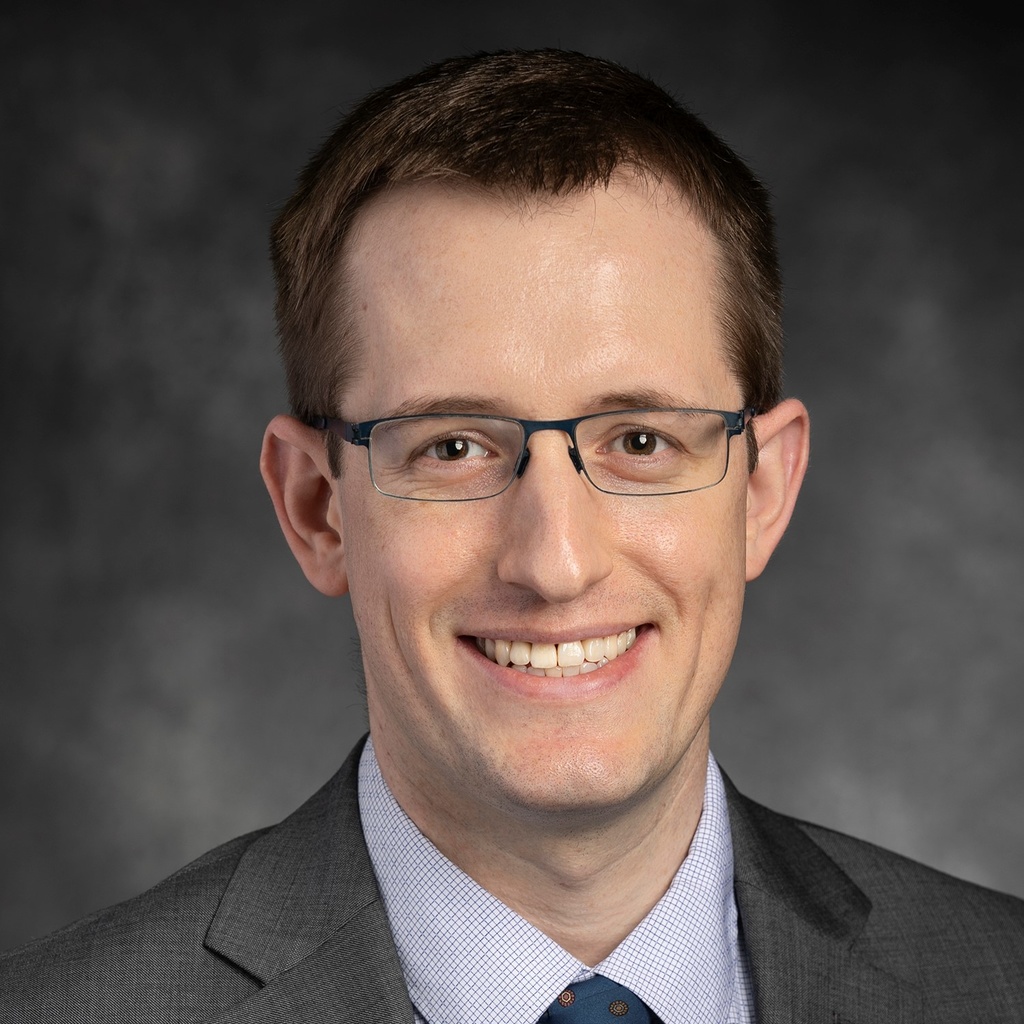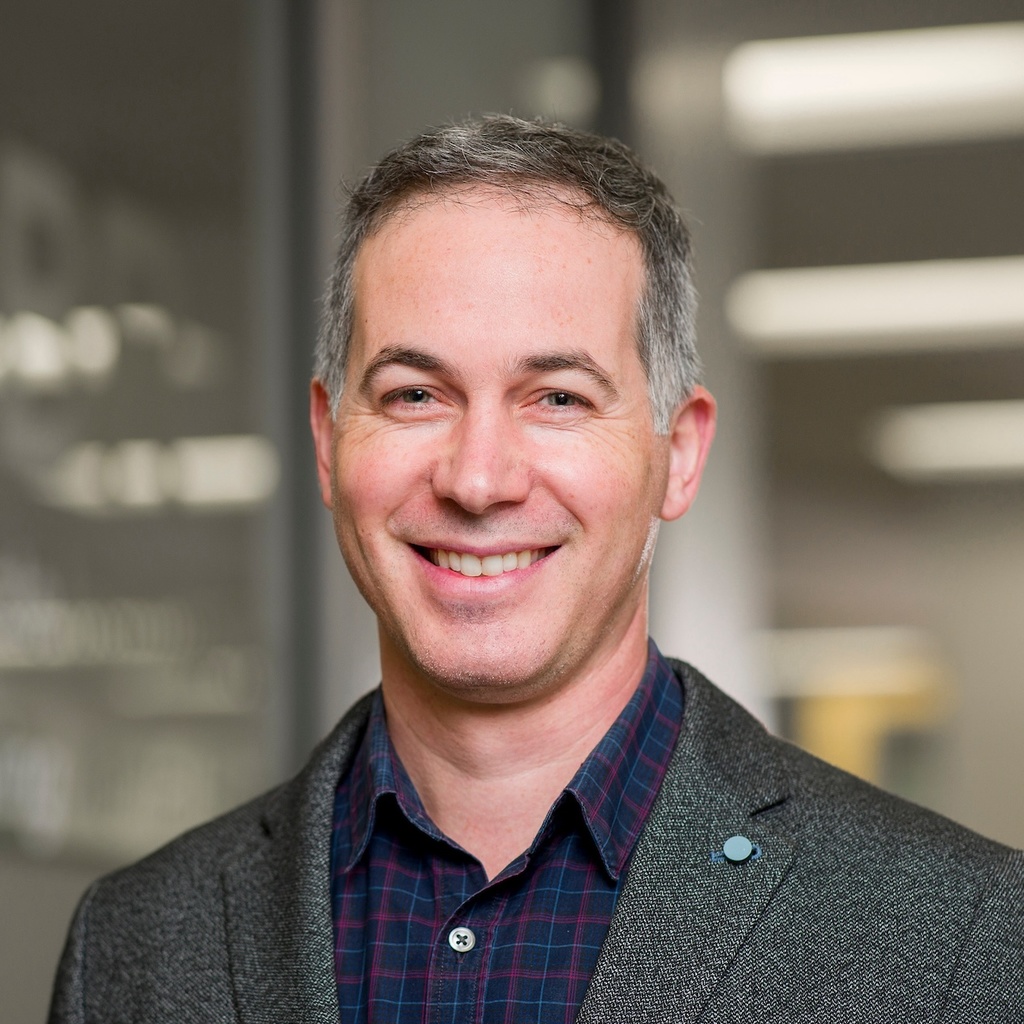
PhD Program Data
Click on the button below for a breakdown by program of where our graduates end up after earning their PhDs, illustrating the wide array of opportunities from industry to academia. Click on the box of the specific program in the dropdown list.
Where Have They Gone?

Catherine Miller, PhD
Dr. Miller studies the globally invasive mosquito Aedes japonicus, and the food sources that this mosquito feeds on in the wild. By studying what the mosquito feeds on in the wild, she hopes to learn what pathogen(s) it may be capable of vectoring to humans and animals within a geographical location.
She was an NIH Postdoctoral Research Fellow within the Department of Microbiology at the University of Iowa from 2010-2012, and then a Postdoctoral Research Scholar within the Department of Pediatrics at the University of Iowa Hospitals and Clinics from 2012-2013. She transitioned into her first academic research and teaching position in the Fall of 2013 at her undergraduate alma mater, Western Illinois University, in her hometown of Macomb, Illinois. She moved to the University of Southern Maine in Portland, Maine in 2019 to continue to grow her vector-borne disease work.
Her advice is to seek out additional training including manuscript and grant writing training from your mentor, committee members and peers. Also, seek out additional teaching experiences if you plan to go into academia.

Eric Ransom, PhD
Dr. Ransom is Assistant Professor in the Department of Pathology at Case Western Reserve University School of Medicine and Assistant Medical Director of Clinical Microbiology at University Hospitals Cleveland Medical Center.
He trained as an antimicrobial resistance fellow at the Centers for Disease Control and Prevention and as a medical and public health microbiology fellow at Washington University in Saint Louis.
His favorite memories are the annual department golf outings and intermural sports with classmates and colleagues.

Sahib Khalsa, MD, PhD
Dr. Khalsa is a psychiatrist and neuroscientist with a passion for exploring how interoception—our body's internal signaling to the brain—affects mental and physical health. Currently, he serves as an Associate Professor in Residence in the UCLA Department of Psychiatry at the Geffen School of Medicine and leads the Anxiety Disorders Research program. He also holds the Jolyon West Innovation Chair at the Semel Institute for Neuroscience and Human Behavior.
After Iowa, he completed his psychiatry residency at UCLA, where he was the chief resident. His training there allowed him to complete postdoctoral research training during the final years of his residency. This set the stage for his first faculty position at UCLA. Later, he spent nine fulfilling years at the Laureate Institute for Brain Research in Tulsa, Oklahoma, before returning to UCLA as an associate professor in psychiatry.
"The Iowa Interdisciplinary Graduate Program in Neuroscience and the Iowa MSTP program provided a unique environment where I could explore innovative research at the intersection of medicine and neuroscience. This dual approach allowed me to ask bold questions about how our brain and body communicate, which has been crucial in my work. I also loved the supportive and collaborative atmosphere among faculty and peers—it was a place where new ideas were not just welcomed but encouraged. " - Dr. Sahib Khalsa